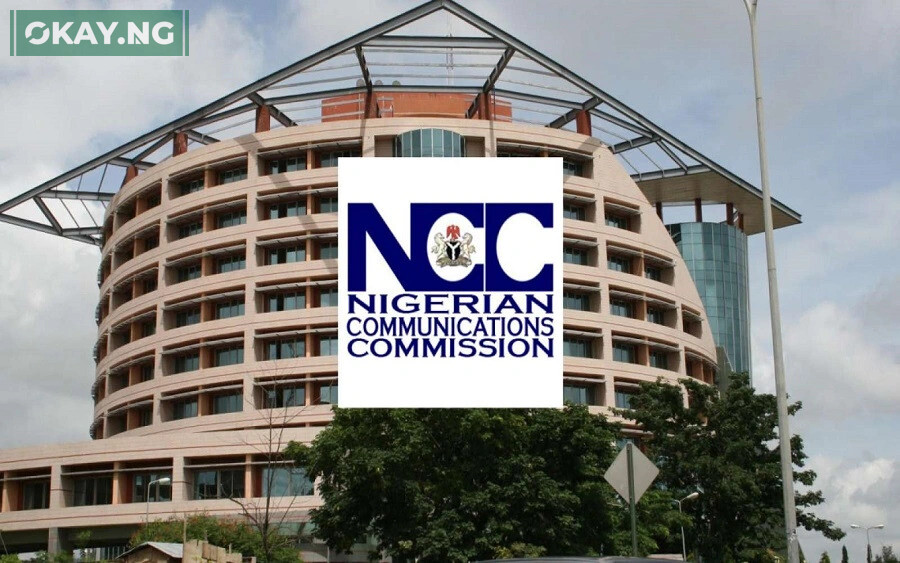Nigeria’s telecommunications regulator has issued a stark warning about the potential economic and national security fallout if critical telecom infrastructure is not safeguarded.
The Nigerian Communications Commission (NCC), in a statement on Wednesday, stressed that disruptions to network operations could paralyse key sectors of the economy, following its intervention in a looming crisis that threatened diesel supplies to telecom towers nationwide.
Last week, the Natural Oil and Gas Suppliers Association of Nigeria had planned an industrial action over fuel distribution disputes. The strike, if not averted, would have cut diesel deliveries to thousands of telecom sites, many of which depend on generators due to the country’s unreliable electricity supply.
The NCC, working in partnership with the Office of the National Security Adviser (ONSA), brokered a resolution to halt the strike. The agreement underscored the fragility of Nigeria’s communications infrastructure and the importance of uninterrupted fuel supply for operational continuity.
“Telecommunications infrastructure is the backbone of our connectivity and digital economy. Any disruption has far-reaching implications for service delivery, economic stability, and national security,” National Security Adviser, Nuhu Ribadu, warned.
NCC Chief Executive Officer, Aminu Maida, reiterated the agency’s commitment to enforcing technical standards and collaborating with all stakeholders, including security agencies and the general public.
“We also recognise mediation as an effective tool for building consensus among stakeholders. This resolution underscores the importance of dialogue in preventing avoidable service disruptions. Ultimately, we call on all Nigerians to regard telecom infrastructure as a shared national asset, one that underpins our ability to connect with loved ones, transact businesses, access healthcare, pursue education, and participate in the global digital economy,” Maida said.
Industry data shows Nigeria’s $75 billion telecom sector consumes over 40 million litres of diesel monthly to power network towers. The NCC and GSMA estimate that transitioning to hybrid solar-battery systems could reduce operating costs by up to 50 percent and lower carbon emissions.
okay.ng reports that operators are already ramping up investments in cleaner energy technologies, aiming to safeguard network stability while cutting reliance on fossil fuels.







